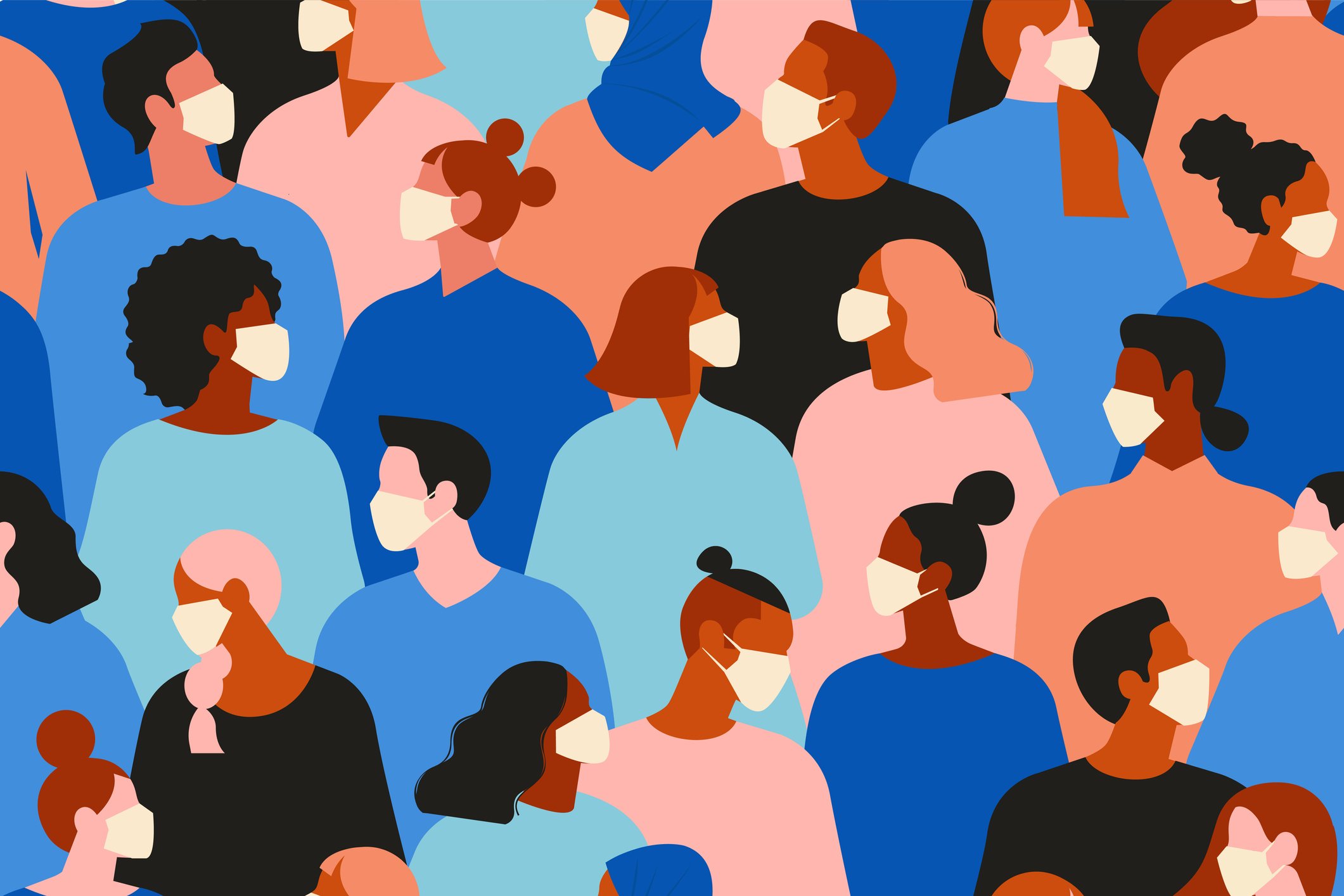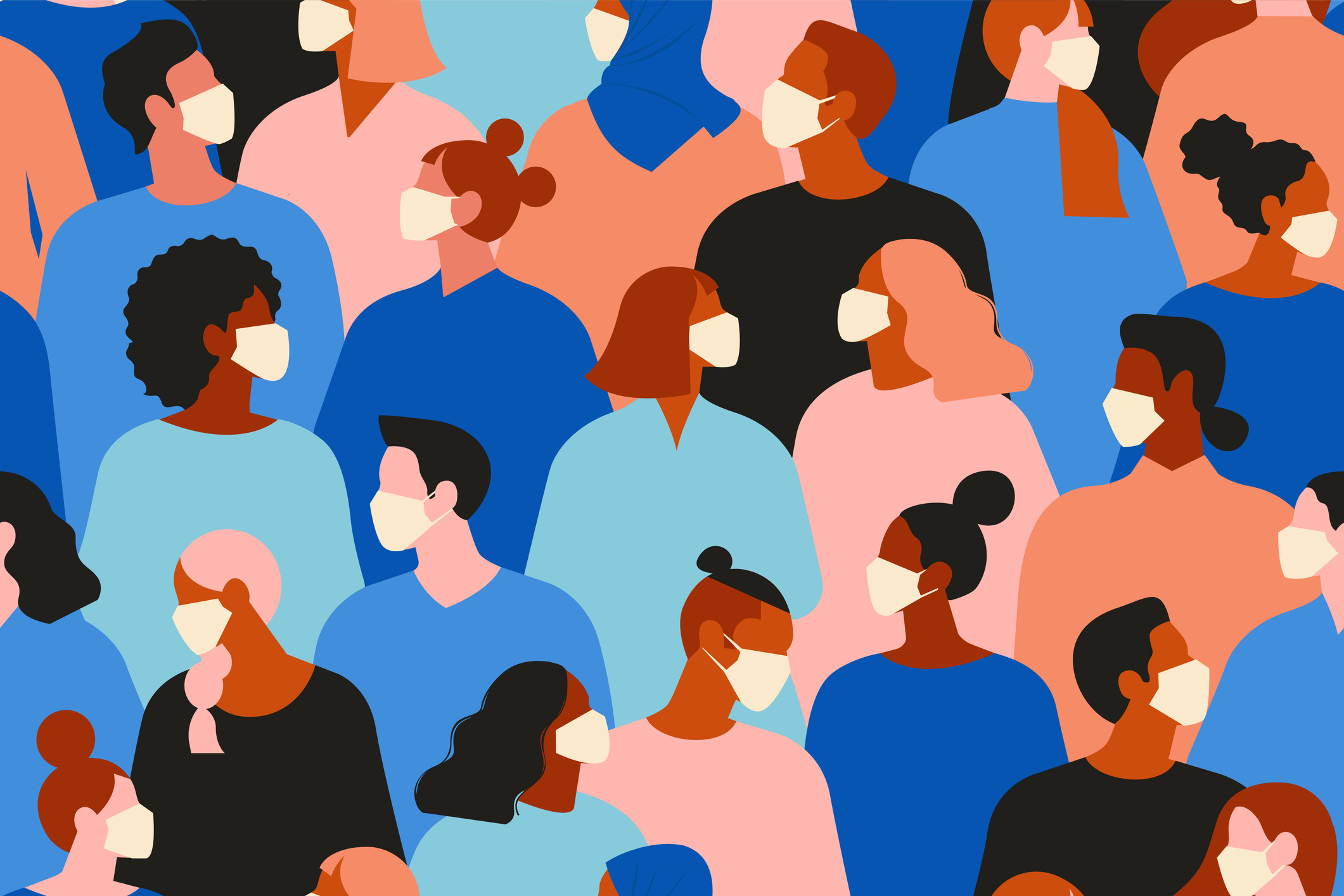 COVID-19 has shone a light on how systemic racism plays a role in health disparities among Black people.
COVID-19 has shone a light on how systemic racism plays a role in health disparities among Black people.
According to Scientific American, the overall death rate from COVID-19 is 2.4 times greater for African Americans than it is for white people.
Camara Phyllis Jones, an Epidemiologist who recently served as president of the American Public Health Association said, “People of color right now are more likely to be infected, and we’re more likely to die. What we’re seeing here is the direct result of racism.”
Hypertension, obesity, diabetes and other risk factors for severe coronavirus complications, are more prevalent in minority populations.
According to an article from STAT, Black people in the U.S. are more likely than white people to live in food deserts, meaning they have limited access to fresh fruit or vegetables. They are also less likely to be able to access green spaces, and more likely to live in areas without clean water or air.
Household spread is the most common form of virus transmission. Many people of color live in overcrowded homes and communities so it's difficult to social distance. It is also difficult to find an outdoor place to social distance as there are fewer publicly provided resources, such as parks and bike lanes, for minority-dense neighborhoods.
The best advice to fighting the virus is to stay at home but, unfortunately essential workers don't have this option. Not only are fewer Black and Latino adults able to work from home, but they're also overrepresented in essential jobs.
These health disparities are further worsened by an unequal healthcare system. People of color often have unequal access to care, and when they do receive care it is often poorer quality.
The National Academy of Medicine (NAM) released a report that found “racial and ethnic minorities receive lower-quality health care than white people—even when insurance status, income, age, and severity of conditions are comparable.”
In order for things to change, the entire health care field, from medical schools to hospitals and even medical device manufacturers, need to work to unravel and address racism within the healthcare system.
Progress will take time and efforts must occur on every societal level. This involves a wide range of actions, like improving wages and closing pay gaps, improving access to health insurance, providing better access to fresh foods and green spaces, and ensuring more diversity in the health care system so healthcare workers can provide culturally competent care.







